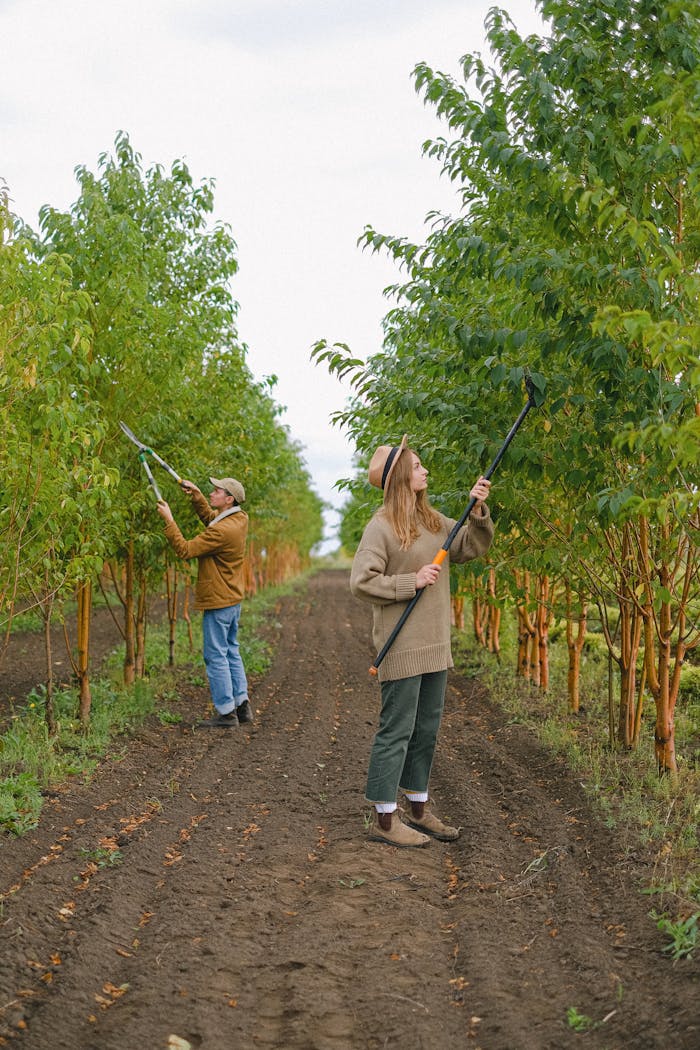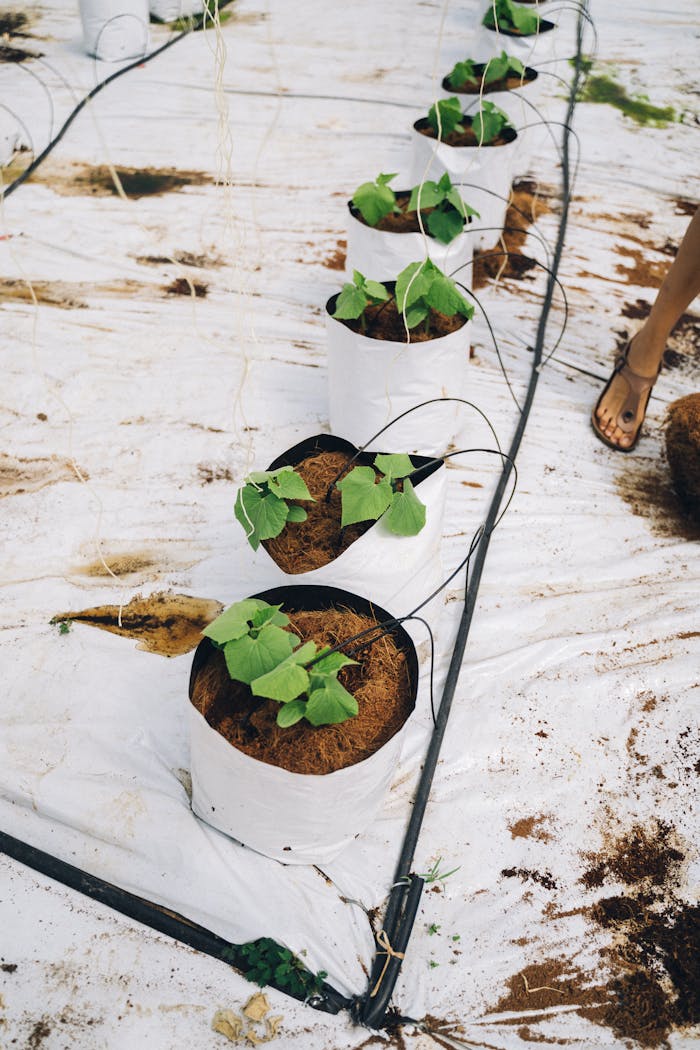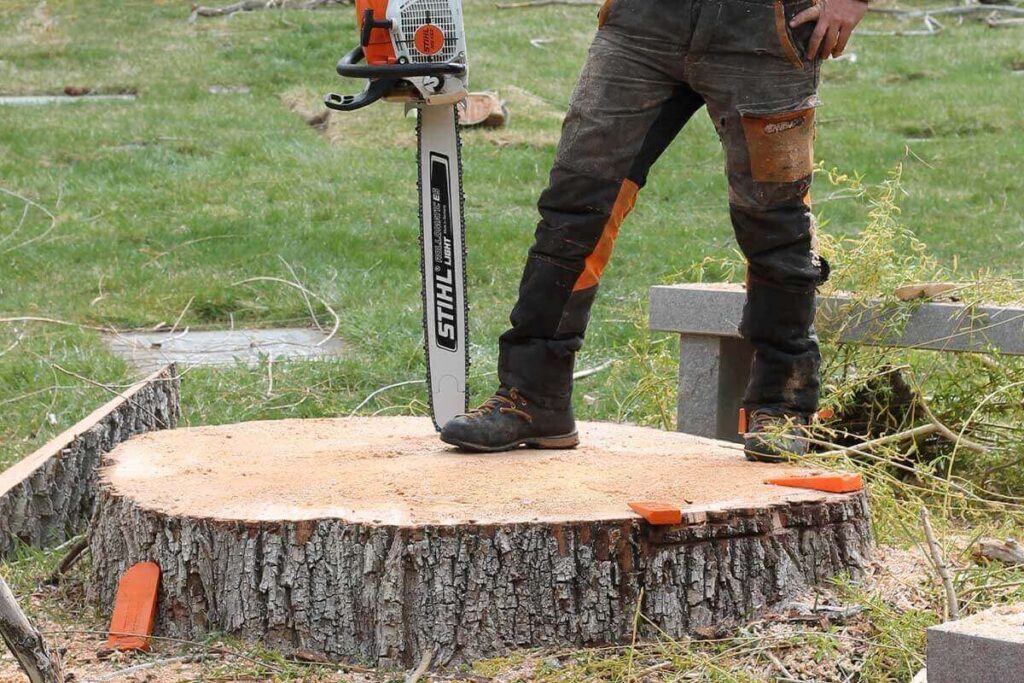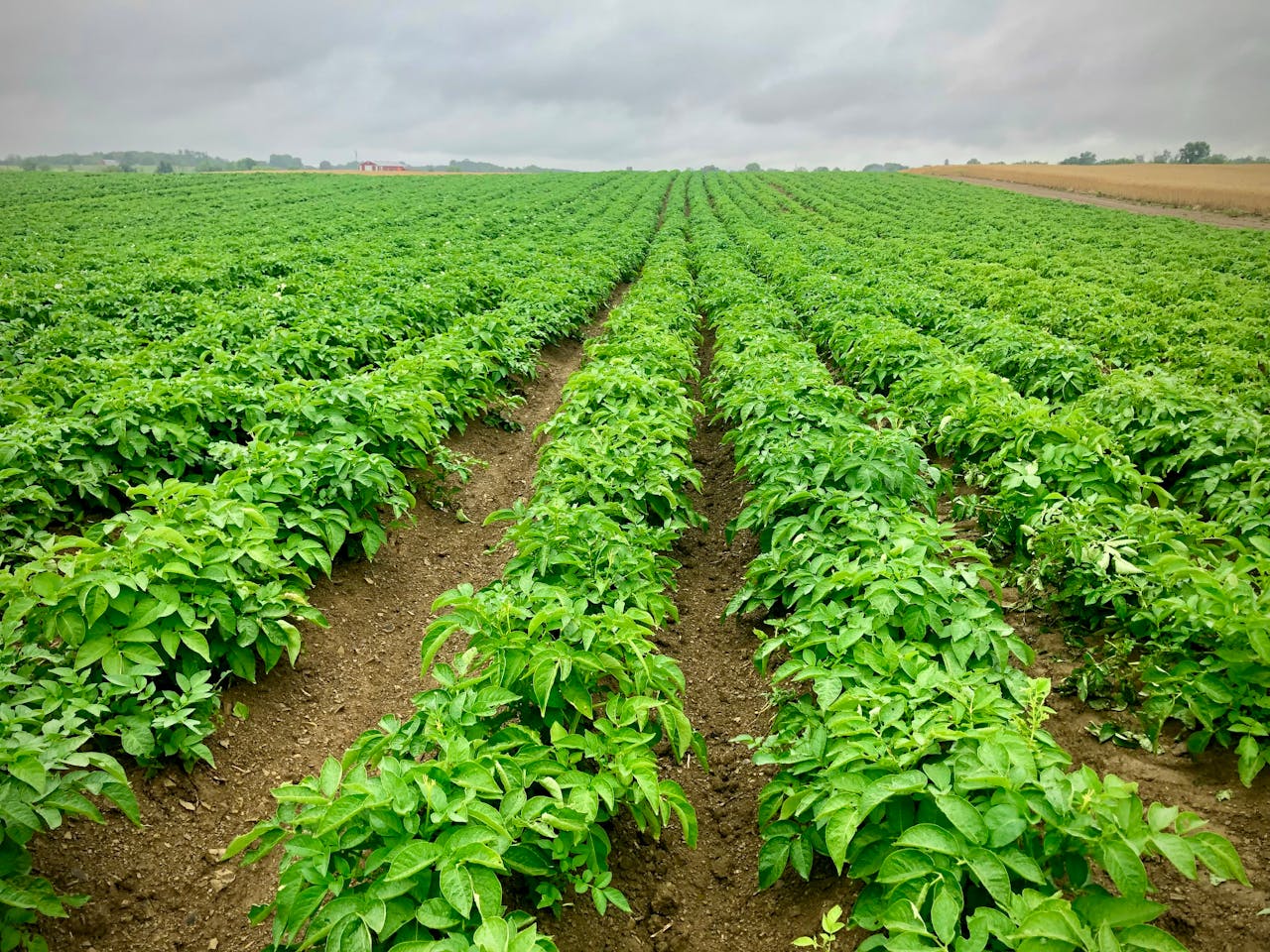
Resources
Dive into a wealth of practical information, guides, and essays tailored for agrarian enthusiasts and aspiring homesteaders seeking sustainable solutions.
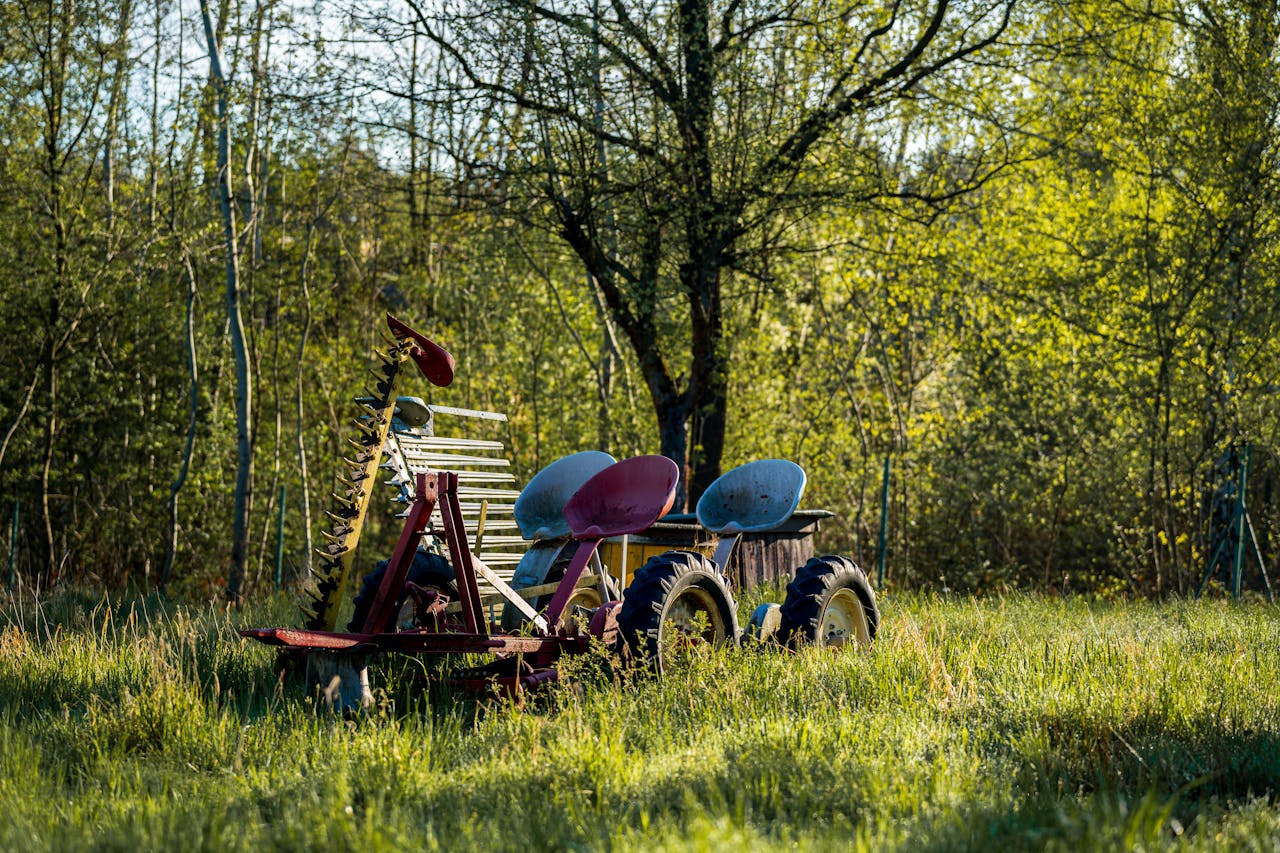
Community Support
Connect with like-minded individuals who share your passion for independent living. Join our virtual space to learn and grow together.

Educational Content
Access timely insights and timeless wisdom through our regularly updated blog, focusing on traditional farming and self-sufficiency practices.
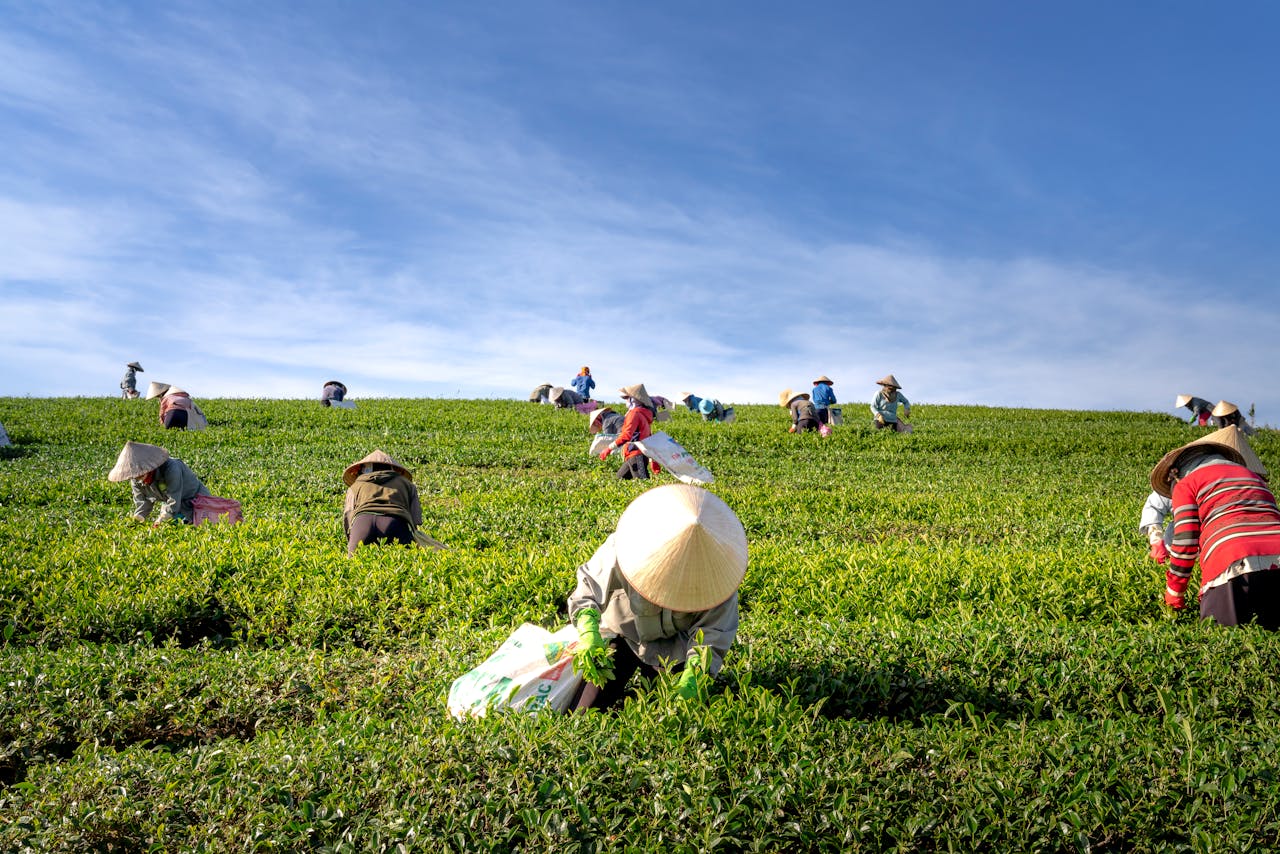

Our Blog
Chatswood Flowers: Stunning Bouquets Delivered to Your Door
Introduction to Chatswood Flowers In the heart of Chatswood, a vibrant suburb of Sydney, lies…
Best Flower Delivery in Chatswood: Fresh Bouquets for You
When it comes to expressing emotions, flowers have a unique way of conveying sentiments that…
What makes Sydney tree lopping vital for property upkeep
In the vibrant city of Sydney, where nature and urban life intertwine, maintaining the health…
Tree Removal Sydney Services That Protect Your Home and Landscape
In the vibrant city of Sydney, trees are a quintessential part of the landscape, providing…
